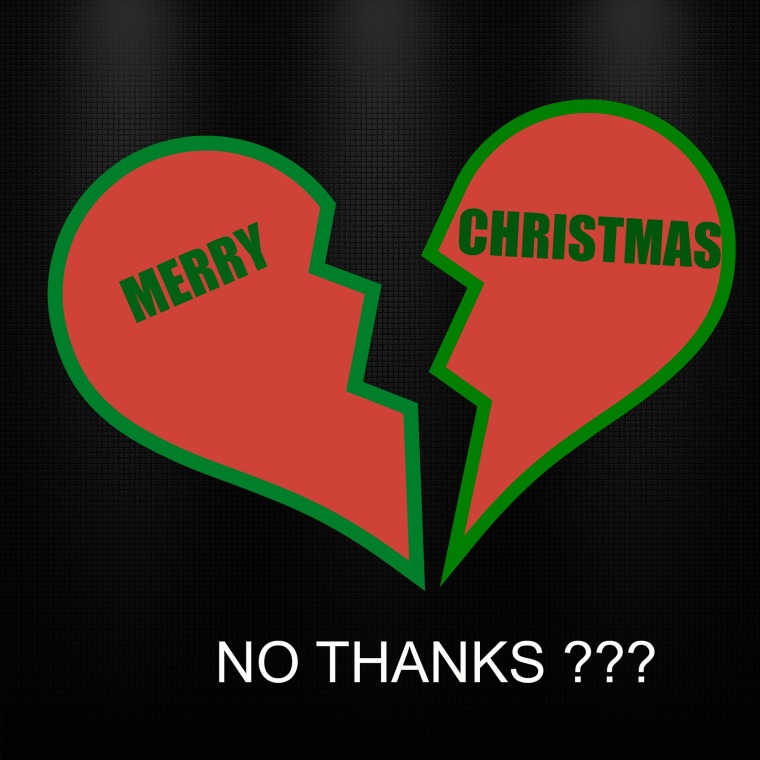A CONTEMPORARY SCROOGE?. . .
I am visiting with a friend, a concierge at a local business establishment, when she comments,
Employees here have been told to not greet anyone with “Merry Christmas” unless the customer says it first, because, according to the powers-that-be, “Happy Holidays” is the most universally accepted greeting.
She responded to Management, “That stinks.” Her boss said, “I know. I agree. But I’m just doing my job.” I think Santa is going to have some trouble. “HO HO HO, Happy Holidays!” doesn’t quite cut it. It doesn’t have the same ring to it.
Is saying “Merry Christmas” a thing of the past? It is a sad day when we are forbidden to greet people with a relaxed “Merry Christmas.” A whole generation will not know the quiet beauty found in this simple, delightful, well-wishing, unselfish form of blessing.
I ask, what is wrong with everyone having the right to voice their own preference? Acceptance should split two ways. If I can accept your preference as yours, why can’t you accept my preference as mine? Why does one preference have to dominate the other as superior? One shouldn’t prevail over the other. This speaks of bias and a culture of superiority. Those who do not wish to say “Merry Christmas” may return the greeting with their preferred greeting, “Happy Holidays.”
I find that I am the most distressed with how fearful we’ve become; fearful of the media and the social watch dogs who are quick to judge and attack; and, the other more frightening aspect, a legitimate concern that anything they say or do is litigious. There is also the bad publicity; name calling is s frightful business and can skew public perception and opinion.
Indeed, something is wrong when our freedoms are compromised because of someone else’s freedoms. Saying “Merry Christmas” or displaying it in a store should be acceptable as a preference even if a person doesn’t happen to like using it. It is part of our tradition and culture. But, I can see why it is an issue, businesses are afraid of the label and being targeted, so they adjust accordingly. I could write a book “The shaming of Christmas.” It has been a progression. We are becoming self-conscious when we say it in public now. It feels like we’re trying to make a point, when really, we just like the happy form of greeting. It’s crazy. Our social mentality has made us think in such a way that we are put on the fence about something that is totally not necessary. It is truly ironic when you think about it. Historically, some Christians chose to not display Christmas trees because of their origin in pagan societies that existed before Christ. It was their choice.
The hatred and name calling needs to stop—on both sides. True acceptance of others as equal individuals will surmount race, age, religion, political, social and cultural biases.
I guess the concierge’s expression has hit a nerve. I felt a sadness as she spoke. I know there are people who would appreciate hearing the greeting, “Merry Christmas.” The annoyance with it is not universal.
I want to bring us back to the happy side and make a wistful yet happy declaration.—Let us be “merry.” The word “merry” is cheerful. A merry heart is good medicine to the soul. We are giving a blessing to someone when we say, “Merry Christmas.” Be merry today. I’m serious.
May I wish you, with fondness, a “Merry Christmas and a Happy New Year.”
Blessings to all.
Norma
P. S. May civility return.


